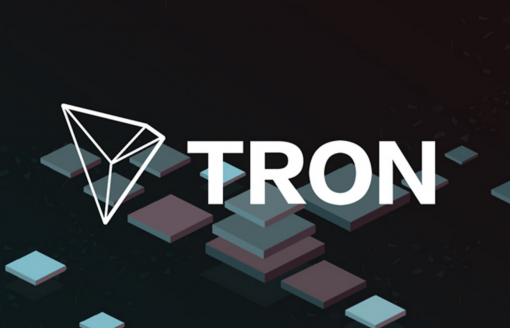The Swiss Bankers Association (SBA) on September 21st, announced new guidelines pointed at financial institutions that aim to cooperate with cryptocurrency and distributed ledger technology businesses.
The SBA in support of the increased demand of blockchain companies in Switzerland said that it warmly welcomes and is positive stand about blockchain industry because it boosts the “Switzerland’s attractiveness as a financial center.”
Similar skepticism that other countries face (U.S., India, UK.) surrounds Switzerland’s regulators as well, when it comes to risks associated with cryptocurrency and its underlying technology-blockchain, the main risk that the SBA concentrates is money laundering.
SBA with the new guidelines wants to align traditional banking rules (like rules for opening accounts) with that of blockchain and cryptocurrency rules to make the process interdependent processes simpler and to reduce the risk.
SBA strategic adviser Adrian Schatzmann stated that this new framework is drafted with a hope to build a foundation for both traditional banks and the blockchain startups to have a simpler and aiding discussion when it comes to the opening of accounts (As said to Reuters).
“Within the context of its priorities, the SBA promotes and supports an innovation-friendly environment in the digitalization arena. This also includes promoting conditions that support the sustainable growth of companies involved in blockchain technology,” SBA’s draft on the website read.
The press release also mentions that because Switzerland has strict laws in place that governs financial transactions, the banks must, therefore, carry out careful checks when opening an account (that are related to the blockchain, in this context). The SBA after recognized the challenges of opening accounts for blockchain companies at an early stage and communicated the same to its members’ the interests and unresolved questions to various authorities for drafting this new framework.
The SBA has issued the guidelines with the guidance of an internal working group involving member banks and an independent, government-supported association called Crypto Valley Association.
These two independent bodies worked accurately on requirements and conditions that can be applied when opening accounts for companies with links to blockchain and initial coin offerings (ICOs).
There are around 530 blockchain startups have settled in Switzerland’s Crypto Valley hub around Zurich and Zug said, as said by Oliver Bussmann, head of the Crypto Valley Association, to Reuters.
Only 250 of Switzerland’s banks allowed companies to deposit the cash equivalent of cryptocurrencies raised in ICOs. Out of the 250, 2 departed their services last year, and Zuercher Kantonalbank, the 4th largest Swiss bank, closed the accounts of more than 20 companies.
This comedown in the Switzerland banking sector was a result of some of the companies that carried out ICOs did not do Online Anti-Money Laundering Checks (AML) on their patrons, which indirectly meant that banks themselves found foul of AML rules.
The new guidelines explicitly addressed this issue under two sections for blockchain firms that carry out ICOs and those that do not.
For companies whose ICOs are supported by cryptocurrencies, higher and additional requirements are said to be imposed, whether or not they are subjected to the Anti-Money Laundering Act.
The guidelines also recommend that the ICO organizer should implement the relevant Swiss standards on the origin of funds (KYC) and money laundering when receiving cryptocurrencies under an ICO.
“It is also proposed that the acceptance of cryptocurrencies under ICOs should be treated as a minimum in the same way as a cash transaction,” the press release read.






LMAX global forex trading firm launches crypto trading